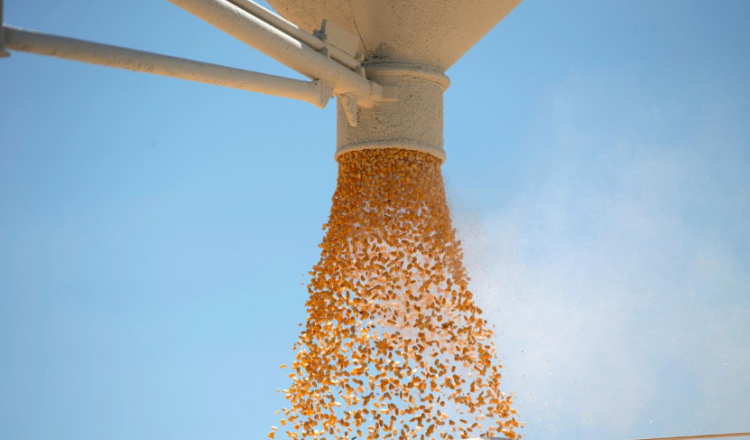China's Customs Tariff Commission of the State Council will have experts review the applications of some Chinese enterprises to have tariffs removed on foodstuffs, thus paving the way back for agricultural imports from the US to easily make its way to China.
This application to have the tariff waived came when these enterprises, unnamed as of press time, queried US exporters about the prices of some agricultural products following US' announcement of exemptions from additional tariffs of China's 110 industrial imports, ranging from medical equipment to key capacitors, and President Trump urging US businesses to continue supplying Chinese enterprises.
These retroactive exemptions given by the US are a relief from the 25 percent tariffs on the US34 billion that the US put on some Chinese imports in July last year.
Though China's agricultural production is enough to feed the country, it still imports grain. The country is the world's biggest importer of soybeans and other crops and is being seen to become the top importer of farm products within the next decade.
The land shortage makes importing of some agricultural products a necessity. Whatever land is left is for planting high-value export products like nuts, vegetables or fruits instead of crops that need a lot of space like wheat and rice. Still, for the country's food security and independence, China has policies on grain production.
Chinese enterprises are open to continuously import certain US agricultural products to meet local demand, even after the tariff wars. They've all seen hope after the agreement reached by presidents Xi Jinping and Donald Trump in Osaka paving the way for the tariff exemptions.
Just last week, the US Department of Agriculture's data showed China buying 51 metric tons of US sorghum, the biggest buy it made since April.
On July 18, a second phone call between senior Chinese and US trade officials transpired since the G20 Summit ended in Japan. This particular call had both parties agreeing to have a restart on consultations regarding economy and trade that's fair, transparent, stable, free, non-discriminatory and predictable to keep their markets open.






